Are you wondering what’s more outrageous than what you hear on the sports news every day? We’ve identified 5 deeply disturbing and, at times, downright amusing stories that are still relevant for how football is being played, operated, and shown on TV today.
Research Methodology
We’ve collected a mass of news articles and website snapshots about footballers and the FIFA ruling class in search of controversy. Historically, we weren’t surprised to see there’s plenty.
After studying the bulk of high-profile scandals involving famous characters on the football scene, we believe that some stand out through a specific relevance for today’s world. Match-fixing accusations involving baby face Rooney may be shocking. Still, they fade compared to a league-wide spread practice of game-rigging, as it happened in Italy on at least two occasions.
As we progress towards the grim end of our list, featured football characters’ misdeeds may seem to have an air of gravity about them, as it’s the case with terrorist-to-be Nizar Trabelsi.
Indeed, they have. But let’s start with the more benign football controversies before the horror show.
5. Mutu Left Speechless and Jobless by Cocaine Incident
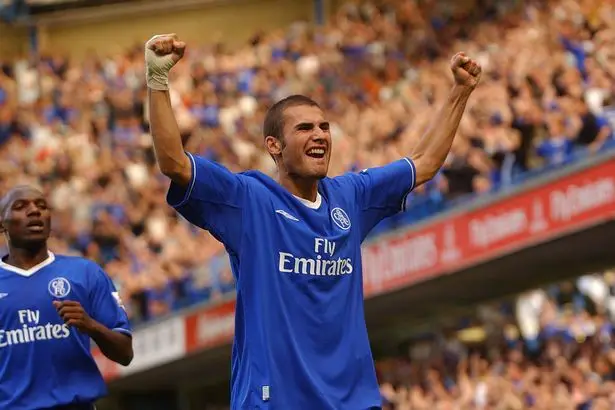
After the glory days of Romania’s best generation of players, ranking third worldwide in 1997, the country’s national football has experienced a drought of accomplishments. That seemed to change when a certain Adrian Mutu rose to fame.
The young maverick attacker started at FC Argeș to quickly become the main star at Dinamo Bucharest. Then, he mesmerized fans with his talents while playing for 6 different Italian teams. Still, his most controversial stint was indeed his time at Chelsea.
After a season that saw him defy his coach, Jose Mourinho, score 10 goals and become a tabloid-favourite, Mutu failed a routine drug test. He was sacked and left jobless due to Chelsea’s no-tolerance policy against drugs of any kind. On top of that, he was banned several months from football by the English FA, and Chelsea rolled out a £15 million worth legal battle against him.
4. Referee Graham Poll Shows Simunic 3 Yellow Cards
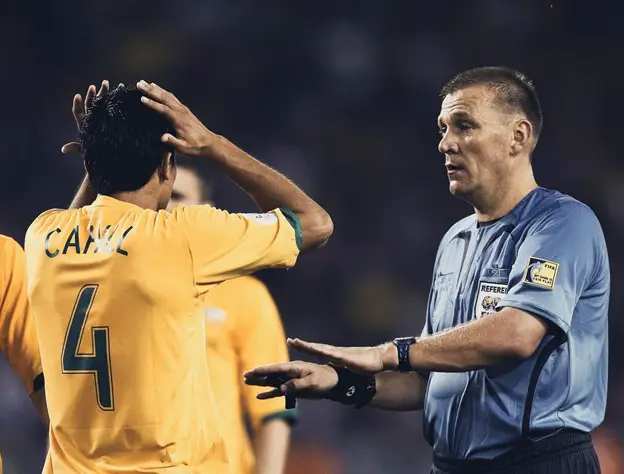
If you watched the 2006 World Cup, you might remember some goals and highlights, but, likely, the group stage match between Croatia and Australia wasn’t much of an attraction. You’ve missed out on the most bizarre ending of a game to date.
FIFA had selected Englishman Graham Poll based on his proven skills and non-partisan refereeing. He even made a decent impression in his first two matches at the tournament. But his third was a nightmare. Toward the 90th minute, he made a string of strange errors that completely bedazzled everyone. But his most impactful mistake was booking the same player, Josip Simunic, 3 times before sending him off.
Poll reports in his autobiography details about the incident. When Simunic fouled one of Australia’s subs for his second yellow, he even warned the player that any more of this rough play, and he’ll show the red. So, most likely in shock himself, Simunic remained on the pitch for a few minutes before being sent off for another offence.
3. Large Scale Match-Fixing in Serie A: Totonero & Calciopoli
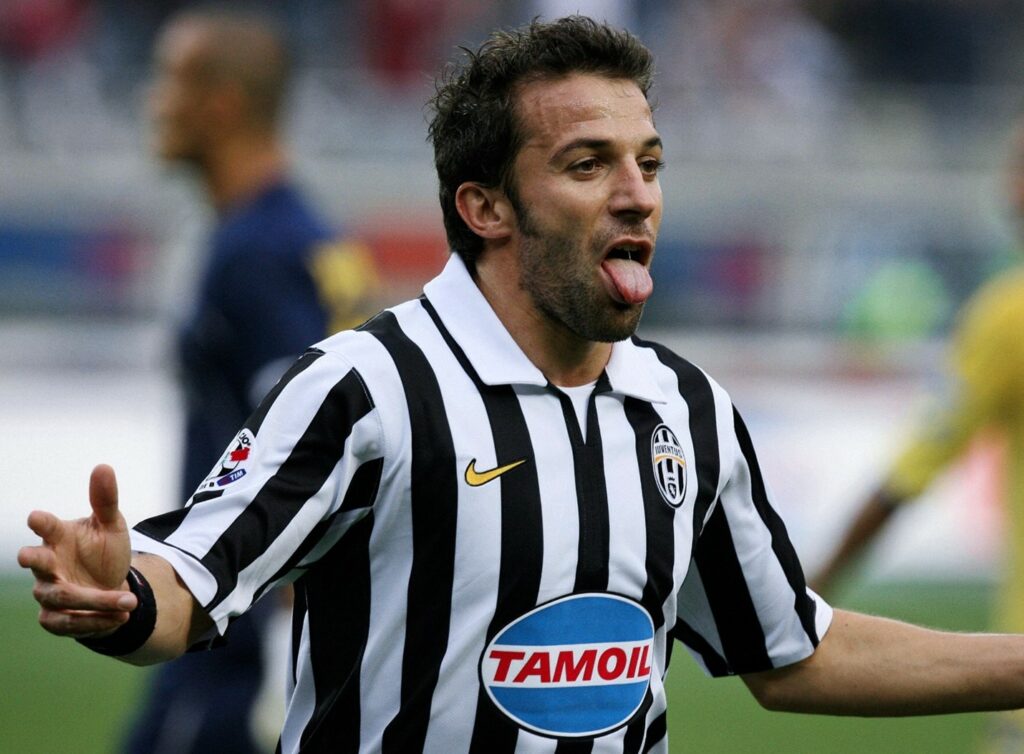
Two massive match-fixing scandals haunt the history of Italian football, one in 1980, the other in 2006. They are so huge because they involve some of the best teams in Serie A. In 1980, the Italian Financial Guard revealed that Lazio and Milan had been selecting favourable referees, fixing matches in the league and even betting on the rigged games! Consequently, both clubs were heavily fined and relegated to Serie B.
Juventus knew what was expecting them. Still, in 2006, they were found to be part of another large-scale match-fixing operation. Here, too, Lazio and Milan are at the forefront. Numerous referees, team officials and managers were also involved, and other teams were questioned but acquitted, as it’s the case of Inter. But Juventus got the harshest penalty, demotion to Serie B, and had to face a real exodus of star players.
Some players stayed with the team and fought back to the first league, but the worst part was that they were stripped of 2 trophies. The fairness of this last penalty is debatable since Juventus was thrashing top European teams in the Champions League left and right at the time.
2. Nizar Trabelsi, the player for Al Qaeda
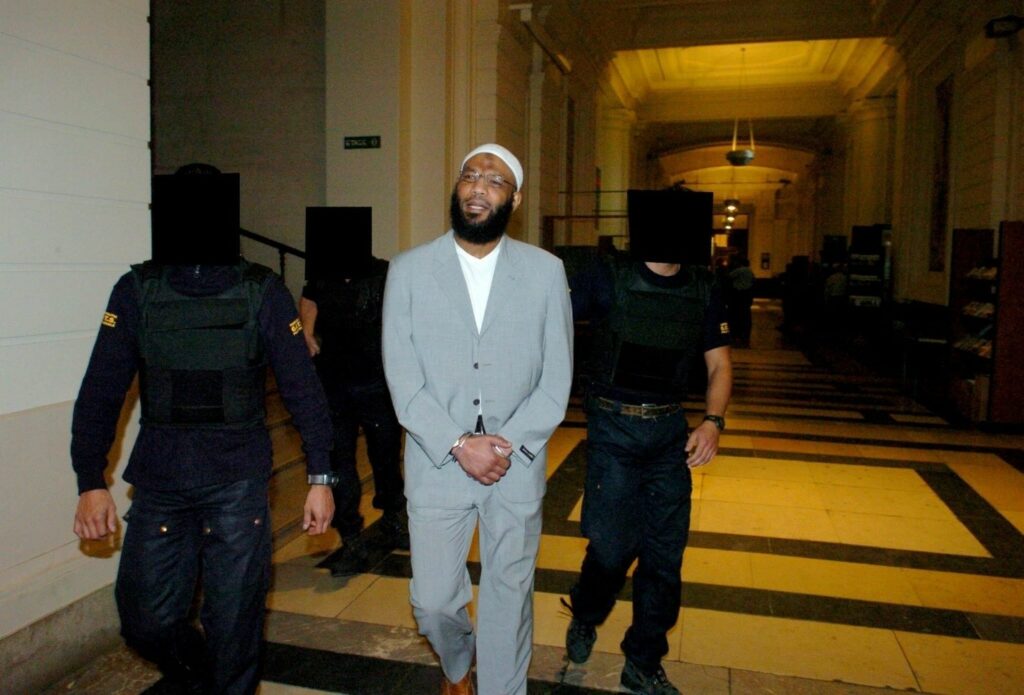
Nizar Trabelsi was not the greatest player of all time. His career didn’t produce anything spectacular as he only played for minor clubs in Germany.
However, the Tunisian-born was at the centre of attention in 2001, when he was found to have planned a terrorist attack on the US embassy during visits to Osama bin Laden. He would conceal a bomb in his suit and blow up the building, but he was stopped in his tracks by authorities in Belgium and sentenced to 10 years.
The case of Trabelsi is a ‘that was close moment,’ and Belgium law enforcement deserves all praise. Still, the story has an absurd twist. The European Court ruled that Belgium must pay the proven suicide-bomber-to-be €90,000 in compensation. That is for violating his rights when forcibly extraditing him to the United States to be held accountable and questioned about his terrorist links.
1. An own goal against the USA was his final mistake
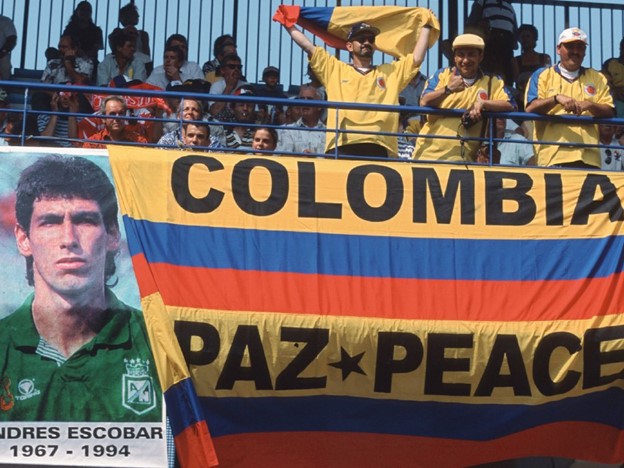
After having lost 3-1 to Romania in the group stages of the 1994 World Cup, Colombia had to confront the United States and win the match to qualify further. But the atmosphere in Colombia’s dressing room was tense. They were nervous about playing against the Americans, the perceived sworn enemy of the nation.
For some of the fans, cartels in particular, the victory against the USA and qualifying through was a matter of life and death. The players had received terrifying threats that their families would be murdered if they lost.
Andres Escobar was Colombia’s star player, totally unrelated to the other Escobar. The fans expected much of him. They wanted him to turn their hate for Americans into goals. But the game didn’t go as they planned. After conceding first, the Colombians got stuck mentally, and Escobar scored a tragic own goal. At 2-0 for the United States, all hope was lost. It ended 2-1, but it didn’t end here.
Aged 27, Escobar was indeed mysteriously killed. Most believe the cartel’s threats became a reality as the next day, one of the cartel leader’s bodyguards confessed to having killed the player. The case quickly crossed the borders of Colombia and shocked the entire world.
We think the 5 cases presented here can be explored in further detail, as they have a wealth of implications for the present world.
Payers still use drugs and defy Mourinho, as Mutu did. Unfortunately, Colombian football hasn’t become clean either. Match-fixing still haunts football at all levels, turning more and more spectators into cynical supporters who see rigged matches everywhere. While the Calciopoli scandal shocked the world at that time, the issue was not solved on the spot. So, it may be helpful to see current events in the light of these developments.
